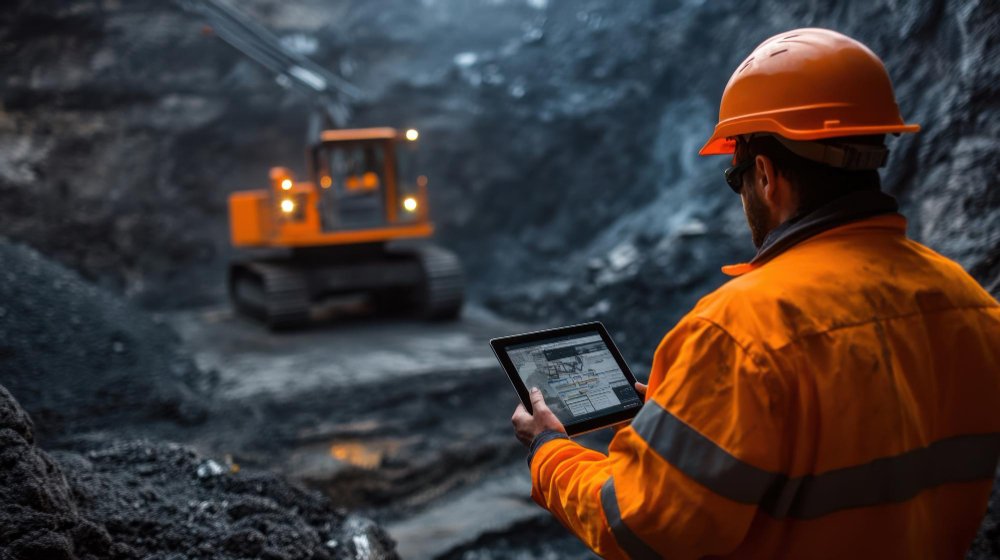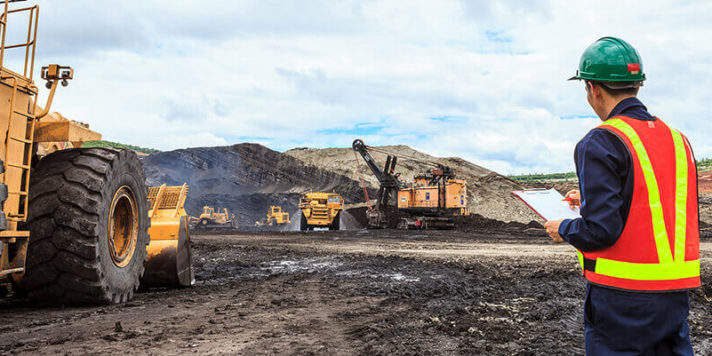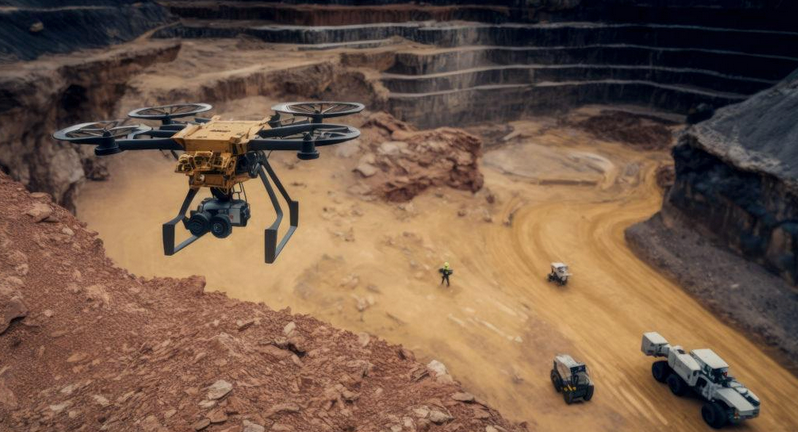South Africa mining minerals
South Africa Mining Minerals: A Treasure Trove of Resources
South Africa is renowned as one of the world’s most mineral-rich countries, with an abundance of precious metals, industrial minerals, and energy resources. The mining industry has been the backbone of the country’s economy for over a century, contributing significantly to GDP, employment, and export revenues. From gold and platinum to coal and diamonds, South Africa’s mineral wealth is unparalleled. In this blog post, we will explore the key minerals mined in South Africa, their economic significance, environmental impacts, and the future of the mining sector.

Gold: The Shining Legacy
South Africa was once the world’s largest gold producer, and while production has declined in recent years, it remains a significant contributor to the economy. The Witwatersrand Basin , home to some of the world’s richest gold deposits, has produced over 40% of all gold ever mined globally. Gold mining supports thousands of jobs and continues to attract international investment.

Platinum Group Metals (PGMs): The Crown Jewel
South Africa holds approximately 80% of the world’s platinum reserves, making it the global leader in platinum group metals (PGMs). These metals—platinum, palladium, rhodium, and others—are essential for catalytic converters, jewelry, and chemical manufacturing. The Bushveld Complex is the primary source of these minerals, driving exports and supporting local economies.

Diamonds: A Legacy of Brilliance
South Africa has a storied history of diamond mining, dating back to the discovery of the Star of Africa (the largest gem-quality diamond ever found) at the Cullinan mine in 1905. Today, the country remains a major producer of high-quality diamonds, with mines like Venetia and Finsch contributing to global markets.

Coal: Powering the Economy
Coal is South Africa’s most abundant fossil fuel, accounting for nearly 70% of the country’s energy needs. The Waterberg Coalfield and mines in Mpumalanga supply coal for electricity generation and export. However, coal mining faces growing scrutiny due to its environmental impact, including greenhouse gas emissions and land degradation.

Manganese and Chrome: Industrial Powerhouses
South Africa is a leading producer of manganese and chrome, both critical for steel production and industrial applications. The Kalahari Basin hosts some of the world’s largest manganese deposits, while chrome mines in Limpopo and Mpumalanga supply global markets.

Environmental and Social Impacts
Environmental Concerns
Mining activities can lead to deforestation, water pollution, soil erosion, and habitat destruction. For example, acid mine drainage—a byproduct of gold and coal mining—poses significant risks to water sources. Implementing stricter environmental regulations and adopting cleaner technologies are essential to mitigating these effects.
Community Benefits and Challenges
While mining creates jobs and stimulates local economies, it can also lead to displacement and social conflicts if not managed responsibly. Ensuring fair compensation, providing community development programs, and fostering transparency are key to balancing economic benefits with social well-being.
Future Opportunities in South African Mining
1. Green Mining Initiatives
As the world shifts toward renewable energy, South Africa is exploring ways to make mining more sustainable. This includes using solar and wind energy to power mines, reducing water usage, and rehabilitating mined areas.
2. Rare Earth Elements (REEs)
South Africa is beginning to explore its rare earth element deposits, which could position the country as a supplier of critical minerals for green technologies like electric vehicles and wind turbines.
3. Technological Advancements
Automation, artificial intelligence (AI), and data analytics are transforming mining operations in South Africa. These innovations improve efficiency, reduce costs, and enhance safety, ensuring the industry remains competitive on a global scale.
Frequently Asked Questions (FAQs)
Q1: What are the main minerals mined in South Africa?
A1: Key minerals include gold, platinum group metals (PGMs), diamonds, coal, manganese, and chrome.
Q2: Why is South Africa important to the global mining industry?
A2: South Africa holds some of the world’s largest reserves of gold, platinum, and diamonds, making it a critical player in global supply chains.
Q3: What are the environmental impacts of mining in South Africa?
A3: Mining can cause deforestation, water pollution, acid mine drainage, and habitat destruction. Sustainable practices are needed to mitigate these effects.

